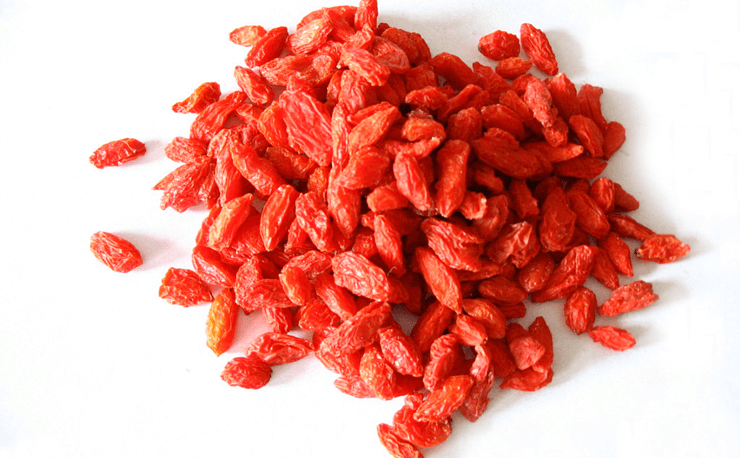Chinese herbs are used abundantly for several purposes. A specific berry called Chinese wolfberry popularly known as Goji berry (Lycium berry) is an edible fruit with substantial nutrition. Ask any Chinese medical practitioner and he will say how the berry is meant for treating dry skin, curing dry cough, improving sexual power, and promoting longevity. That’s not all! Chinese wolfberry extract is truly wonderful for controlling diabetes, lowering cholesterol, protecting brain cells, the liver, and skin (from harmful UV rays), and even acting as a barrier to cancer.
Availability throughout the world
The Chinese wolfberry extract is a part of traditional Chinese medicine and food making. The plant is divided into two sub-species and is a native of China. But there are warmer regions around the world like North America, Australia, parts of the Mediterranean basin, and Southwest and Central Asia where the plant thrives too. However, the largest exporter of the plant remains in China.
Historical evidence
Chinese medicine claims that the wolfberry fruit has been in existence for almost 2000 years. It is one of eth most admired berries throughout China and is also considered one of the 120 herbs that belong to the top grade. For years, the extract was known to have exceptional health benefits for humans. If used for the long term, it strengthens the body and promotes fitness and life in total.
Present status of the extract
At present, the role of Chinese wolfberry extract is not mentioned in Chinese medical literature. However, the nutritional value of the plant is much and only the trained people are well aware of the same.
Nutritional value
For those unaware, dried goji berries or wolfberry have a sufficient amount of calories, fats, carbohydrates, sugars, proteins, dietary fiber, and more. As regards the vitamin and mineral content is concerned, there are sodium, potassium, calcium, iron, zinc, selenium, thiamine, riboflavin, carotene, lutein, lycopene, betaine, polysaccharides, and peptidoglycans.
Amazing source of macronutrients
If you have a quarter-cup serving of dried wolfberries, it produces no less than 104 calories and just about a gram of fat. Apart from the carbohydrates, the extract is a protein-rich substance as well. These berries offer about 4 grams of protein every serving, with 18 types of amino acids. Now amino acids we all know are the building blocks of protein. To promote digestive power, the wolfberries also have 3 grams of fiber for every serving.
No less are micronutrients
Vitamin A is replete in Chinese wolfberry extract. Only a quarter cup serving offers 140 percent of the daily recommended intake. This is equivalent to 20 percent of the daily intake required for Vitamin C. For iron-deficient people, incorporating these wolfberries, at least one serving is enough to make up for the 10 percent of the daily intake of iron.
Including the berries in the diet
The plant is found mostly in its dried form, much like others. The Chinese wolfberry extract tastes great when consumed separately as a snack or mixed into salads, cereals, yogurts, or desserts. For enhanced flavor, try using the same in smoothies or protein shakes.
Formulations and Dosage
Several experts have laid down the recommended intake of the extract. About 3-4 tablespoons of the plant are sufficient to be included in the daily diet. As said earlier, it can be had separately or with several other foods. Besides, it is also available as a liquid extract or tincture. For the best benefits, a healthcare provider must be consulted to lay down the guidelines and proper dosage when treating a health condition or just include it in the daily diet.
Word of caution
While there’s no doubt about the benefits of Chinese wolfberry extract, there are certain pitfalls also when consumed in excess or unsuitable for a few. You can check the word of caution before usage.
Those prone to allergic reactions like shortness of breath, itching in the mouth, and ears, skin rashes, and episodic rhinitis should avoid these.
When the extract interacts with other drugs, there’s a likelihood of bleeding. For example, warfarin is one such drug that is reactive to this berry.
Keep in mind these factors and you will know why the extract remains a favorite to many.








